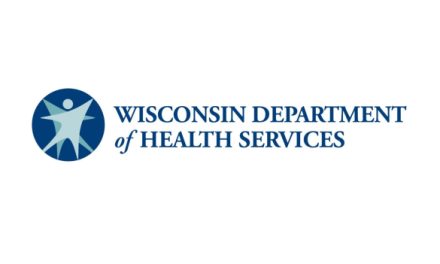
Does breast milk affect necrotizing enterocolitis?
Medical College of Wisconsin
Office of Public Affairs
8701 Watertown Plank Road
Milwaukee, WI 53226
For more information, contact:
Maureen Mack (mmack@mcw.edu)
Director of Media Relations
Office: 414-955-4700
For Immediate Release:
October 22, 2014
A collaborative team of researchers from the Medical College of Wisconsin (MCW) and Children’s Hospital of Wisconsin (CHW) has received a one-year, $50,000 grant from the Clinical and Translational Science Institute of Southeast Wisconsin (CTSI) to study the association of NAPDH Oxidase (NOX), an enzyme involved in oxidative stress, in breast milk, to the development of necrotizing enterocolitis (NEC) in infants.
Scott Welak, M.D., assistant professor of pediatrics at MCW and a neonatologist at CHW, is the primary investigator for the grant. His collaborator is Lisa Brock, RN, a pediatric nurse at CHW.
Necrotizing enterocolitis (NEC) is a life-threatening intestinal disease that affects premature infants and contributes to complications in survivors, including intestinal failure, chronic lung disease, and developmental delay. The disease is believed to be a result of abnormal inflammatory response by an underdeveloped intestine. It is also believed that NOX is associated with NEC in human infants. The goal of this project is to test how the NOX in breast milk that is fed to infants affect NEC in infants.
This is one of 13 pilot projects being funded in 2014 through CTSI. The goal of the grants is to create synergy through collaboration, and studies are specifically designed to lead to major future research support. The projects explore findings that have the potential to be translated into clinical practice and community health, and are led by investigators at the CTSI’s eight partnering institutions: the Medical College of Wisconsin, Marquette University, Milwaukee School of Engineering, UW-Milwaukee, Froedtert Hospital, Children’s Hospital of Wisconsin, the Clement Zablocki VA Medical Center, and BloodCenter of Wisconsin.
CTSI is part of a national consortium of top medical research institutions. Working together, the CTSI institutions are committed to improve human health by streamlining science, transforming training environments and improving the conduct, quality and dissemination of clinical and translational research. The CTSI program is led by the National Center for Advancing Translational Sciences (NCATS), part of the National Institutes of Health (NIH).
Support for the Pilot Award Program comes from the National Institutes of Health (NIH) and the Advancing a Healthier Wisconsin (AHW) endowment.





